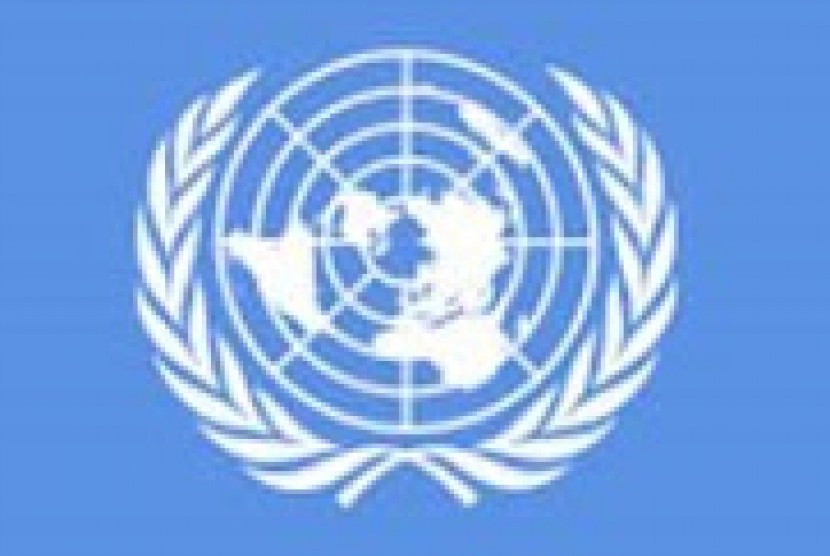REPUBLIKA.CO.ID, NAIROBI -- Scientists from the UN affiliated Intergovernmental Panel on Climate Change (IPCC) said on Monday that climatic shocks remain a mortal threat to Africa's socioeconomic progress.
The climate scientists who met in Nairobi for an outreach forum said that recurrent drought cycles, floods and infectious diseases have become a common phenomenon in Sub-Saharan Africa due to global warming.
"Africa's higher vulnerability to negative impacts of climate change has placed new hurdles in its quest to grow the economy and eradicate chronic poverty, hunger and disease," Vice Chair of the IPCC Ismael El Gizouli told the meeting in Nairobi.
Scientists presented findings of the IPCC Fifth Assessment Report (AR5) that was released in November 2014.
According to the report, human actions have fuelled carbon emissions that are to blame for rising global temperatures.
El Gizouli emphasized that adoption of green technologies, climate smart agriculture and sustainable consumption practices were key to manage the impacts of climate change in Africa.
"African countries should choose a low carbon development path that promises evenly distributed prosperity and healthy of the population. This goal can be achieved through smart policies, legislation and domestic financing," El Gizouli told reporters.
The IPCC Fifth Assessment Report states that climate change will aggravate hunger, water stress and spread of infectious diseases across Sub-Saharan Africa.
According to El Gizouli, extreme weather events have displaced millions of people in the Horn of Africa and the Sahel region.
"It is appropriate to say that climate change is a security threat in fragile African states already engulfed in endemic challenges like poverty, disease, hunger and loss of natural capital," said El Gizouli.
Climate change has negatively impacted on productive sectors of the economy across Sub-Saharan Africa.
Scientists said that agriculture, tourism, forestry and energy sectors were in peril due to climatic shocks.
African countries have agreed on a range of action plans to strengthen response to climate change.
Alice Kaudia, Kenya's environment secretary, revealed that countries in the region are harmonizing policy and legal frameworks to boost climate resilience.
"We have agreed on a collective approach to respond to climate change. The African group of negotiators is united in the quest for a binding climate treaty later this year," Kaudia said.


